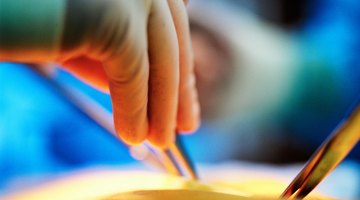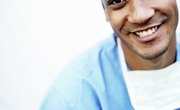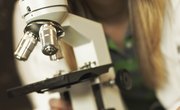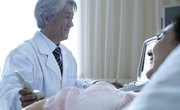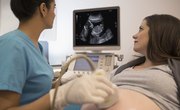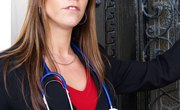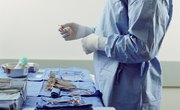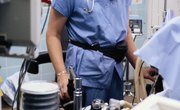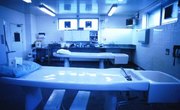Heart surgeons perform surgery on the heart and blood vessels. An aspiring surgeon's undergraduate years should be spent building a strong academic background for medical school admissions. While science and math courses provide a solid foundation for the study of medicine, candidates should take a variety of electives to gain exposure to many academic disciplines. Aspiring heart surgeons should also take computer science courses, because heart surgery relies on the latest medical technologies.
Life and Physical Sciences
Aspiring heart surgeons must take undergraduate biology and chemistry courses with accompanying laboratory units, as nearly all medical schools require them. You'll need to be familiar with the anatomy and physiology of the human body, so take these courses as well. Microbiology, biochemistry and physics courses will also broaden your knowledge of scientific concepts. Medical schools prefer applicants whose transcripts show high achievement in rigorous science courses, according to the UC Davis School of Medicine.
Computer Science
Medical students must become proficient with technology because they'll use it frequently in the operating room. In robotic-assisted heart surgery, the surgeon controls a robotic arm with a special computer, according to the United States National Library of Medicine. As an undergraduate, take courses beyond introductory-level computer science. Computer programming, robotics, graphics and simulation and scientific or medical computing will help you gain the knowledge and confidence you need to use medical technology as a surgeon.
Mathematics
Determining drug dosages based on body weight, taking measurements of the heart’s anatomical structures and interpreting data are part of a heart surgeon’s daily activities, and all involve applying mathematical concepts. Take undergraduate courses in statistics and probability and calculus; most medical schools list these as prerequisites for admission. Trigonometry and linear algebra will be useful as well. According to Brigham Young University, math is an integral part of a physician’s job.
Electives
Medical schools seek candidates who are well rounded, so a wide variety of elective courses will be useful. Sociology and foreign language courses will prepare you to serve a diverse body of patients. Psychology and communications courses will help you develop the interpersonal skills a surgeon needs when dealing with patients and their families. Tennis is an excellent physical education elective because it requires good hand-eye coordination, which heart surgeons also need.
Related Articles
References
Resources
Writer Bio
Based in the Southeast, Sally Miles has been a freelance writer and editor for nearly a decade. She has written for "For Me" magazine and holds a master's degree in English from Columbia University.

